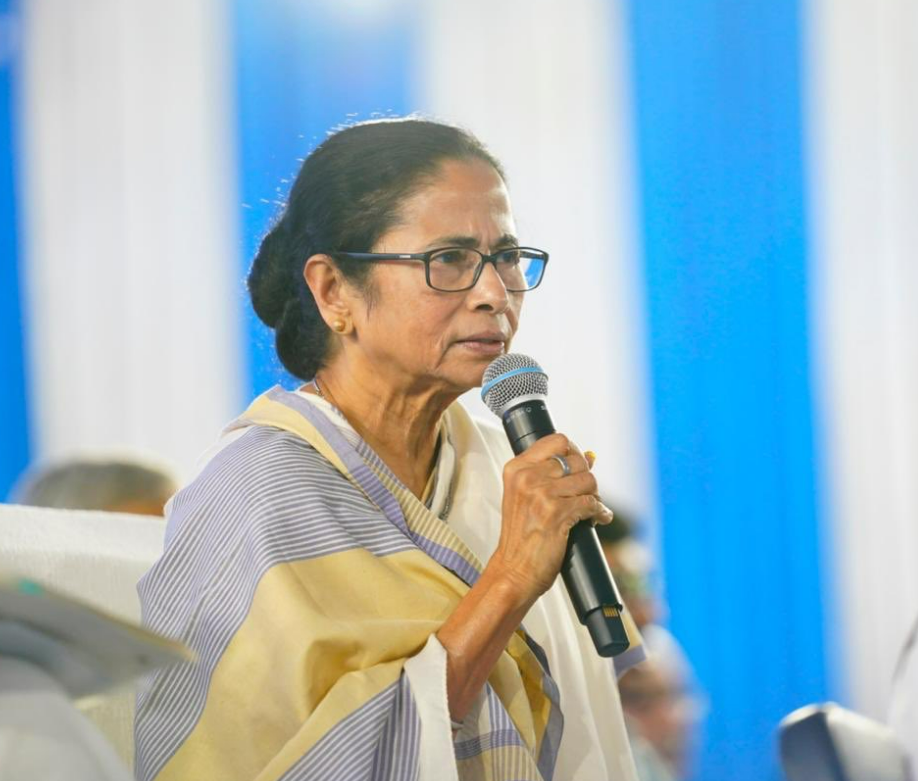Supreme Court Intervenes In West Bengal OBC Reservation Case
In a significant development on Monday, the Supreme Court granted relief to the West Bengal government led by Chief Minister Mamata Banerjee in a dispute concerning the reservation status of Other Backward Classes (OBCs) in the state. The top court stayed an interim order passed by the Calcutta High Court, which had put a temporary halt on executive notifications related to OBC categorization issued by the state between May 8 and June 13. The apex court termed the High Court’s decision “surprising” and “prima facie erroneous,” signaling a strong disapproval of the lower court’s interference in executive functions.
High Court’s Stay Called “Surprising” By Supreme Court
A bench led by Chief Justice BR Gavai issued notice on the West Bengal government’s plea, indicating that the matter would be heard again after two weeks. Expressing clear discontent, the Chief Justice remarked, “This is surprising. We will issue notice in this. How can the High Court order a stay? Reservation is a part of the functions of the Executive. Since the Indira Sawhney judgment, the Supreme Court has upheld this position.”
The reference was to the landmark 1992 Indira Sawhney vs. Union of India ruling, which affirmed that the executive branch of government had the authority to make decisions regarding reservations, especially concerning backward classes.
Kapil Sibal Represents Bengal, Seeks Stay On Contempt Plea
Senior Advocate Kapil Sibal, appearing for the Mamata Banerjee-led state government, highlighted that the Calcutta High Court’s order went against established legal precedent. “A writ petition was filed challenging the new list, saying we have to legislate it, which is contrary to all judgments,” Sibal argued before the court.
Additionally, he sought a stay on a contempt petition filed in the High Court in connection with the matter. Chief Justice Gavai responded by saying, “Let the matter get listed,” implying that the Supreme Court would deal with that aspect at a later stage.
Calcutta High Court’s Interim Order Questioned
Last month, the Calcutta High Court had passed an interim order that stayed the effect of executive notifications issued between May 8 and June 13 regarding the categorization of OBCs. The order was issued by a division bench comprising Justice Tapabrata Chakraborty and Justice Rajasekhar Mantha. It had directed that these notifications not be enforced until July 31, giving time for all parties to file affidavits presenting their positions on the issue.
The court’s stay was in response to a Public Interest Litigation (PIL) challenging the methodology and the criteria used in new benchmark surveys that formed the basis for including certain communities under the OBC categories.
OBC Classifications Under Scrutiny
According to the West Bengal government, 49 sub-sections were added under the OBC-A category and 91 under OBC-B. The categorization was aimed at identifying and including more backward communities under OBC-A and relatively less backward groups under OBC-B, in an effort to ensure fair representation and upliftment of disadvantaged sections.
However, the High Court had earlier invalidated the OBC status granted to multiple classes between 2010 and 2012. Specifically, the court nullified 77 classes identified between April and September 2010 and 37 more under the 2012 West Bengal Reservation Act. The rationale was that these reservations were introduced without adequate legal or empirical backing, rendering them invalid in the court’s view.
Supreme Court To Hear Matter In Two Weeks
With the Supreme Court’s intervention, the stay imposed by the Calcutta High Court has been temporarily lifted, allowing the West Bengal government some relief. The apex court will now deliberate further on the validity and legality of the executive orders in question. The next hearing is expected in two weeks, when the state and the petitioners will present detailed arguments.
This development reopens the conversation on the scope of executive power in matters of social justice and reservation policy, and sets the stage for a potentially landmark judgment that could impact affirmative action mechanisms across India








